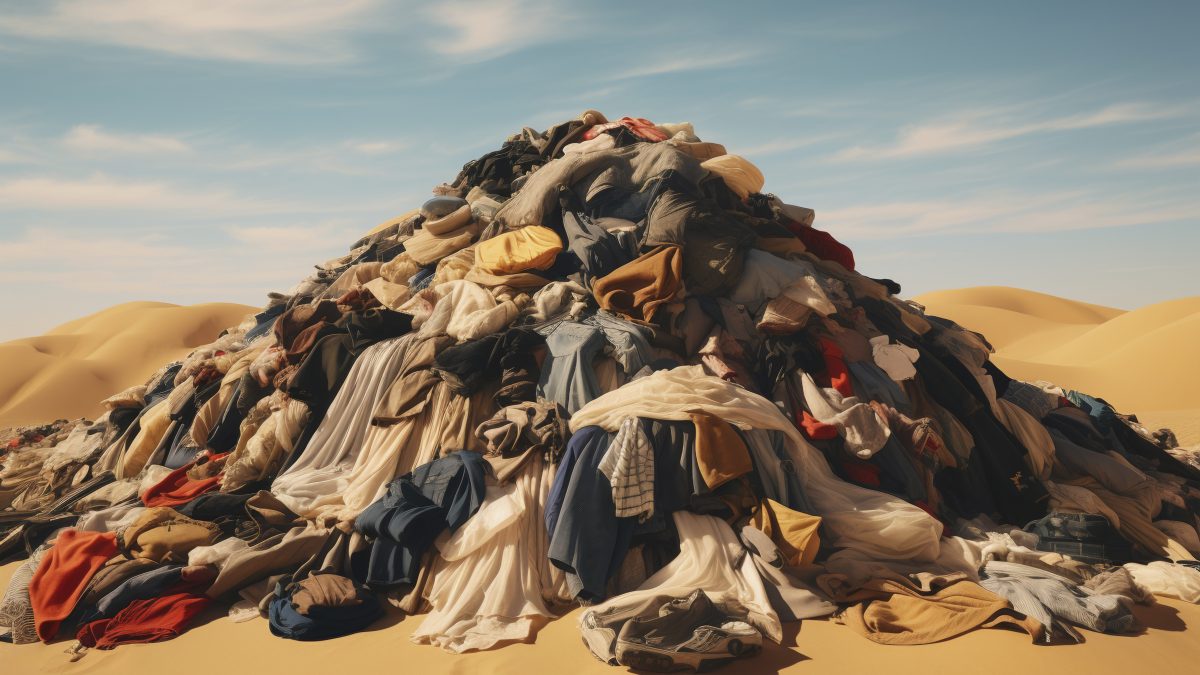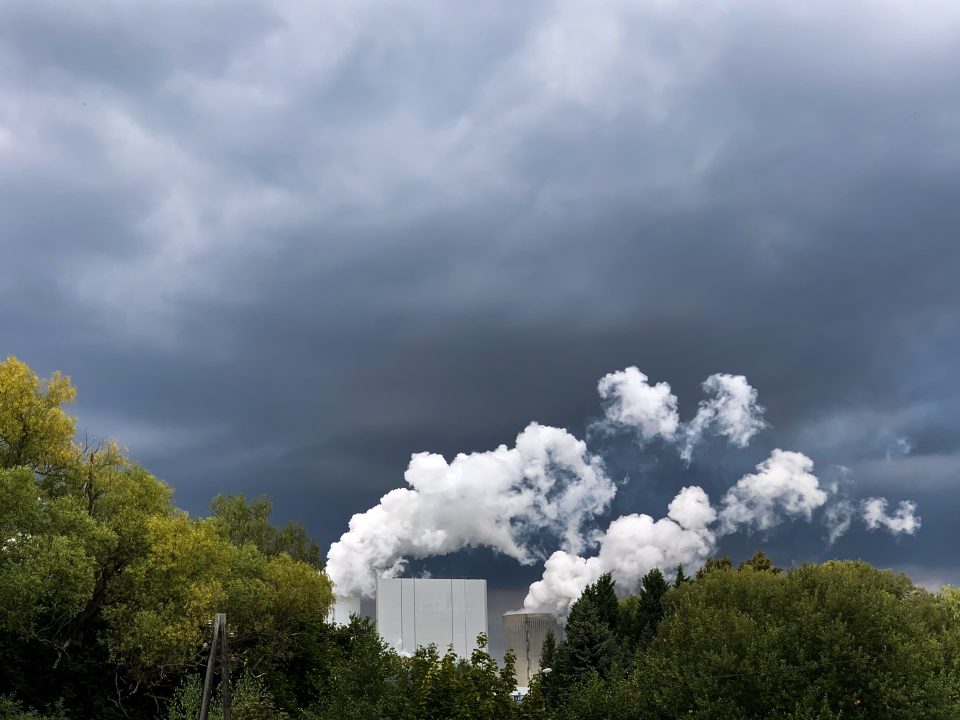
A CIRCULAR ALTERNATIVE TO BLACK FRIDAY MADNESS
June 26, 2024Each year, the Global Footprint Network determines the Earth Overshoot Day, which marks the date when humanity’s demand for ecological resources and services in a given year exceeds what Earth can regenerate in that year. In Türkiye, this year’s overshoot day was June 22nd, and globally, as of August 2nd, we started borrowing from the resources of the next year.
The Fashion Industry’s Significant Role in This Situation
According to research, the fashion industry, which operates with a linear business model directly related to environmental factors, stands out as the second-largest industry threatening our planet after petroleum. The fashion sector rapidly produces new products in line with changing trends and demands. In a sector where an average of 100 billion items are produced annually, 85% of these items end up as waste. The rapid turnover of clothing due to fast fashion leads to an increase in textile waste and wastage of resources. Today, an average person doesn’t use 80% of the clothes in their wardrobe, purchasing 68 new garments per year, which is nearly twice the amount compared to 40 years ago.
The fashion industry also faces a significant challenge in managing waste generated during the production processes. The disposal of materials used during manufacturing leads to the waste of water, energy, and natural resources. The intensive use of fossil fuels in both production processes and transportation in the fashion industry results in significant carbon emissions. This situation contributes to increased pressure on natural resources and accelerates climate change. According to research, the fashion industry is responsible for 10% of global carbon emissions, and without any changes, this figure is projected to rise to 26% by 2050.
The Solution Lies in Circular Fashion
According to the Global Footprint Network, if overshoot could be pushed only six days ahead each year, the resources provided by the Earth in a year would be sufficient for humanity by 2050. However, achieving this change requires our efforts.
Through the Nivogo Renewal Center, we’ve revived over million products, preventing 13 million kilograms of carbon emissions and saving 14 billion liters of water. We’re working towards ensuring products stay in circulation for as long as possible without altering their current forms, thus conserving natural resources. Let’s meet at Nivogo’s circular stores.



